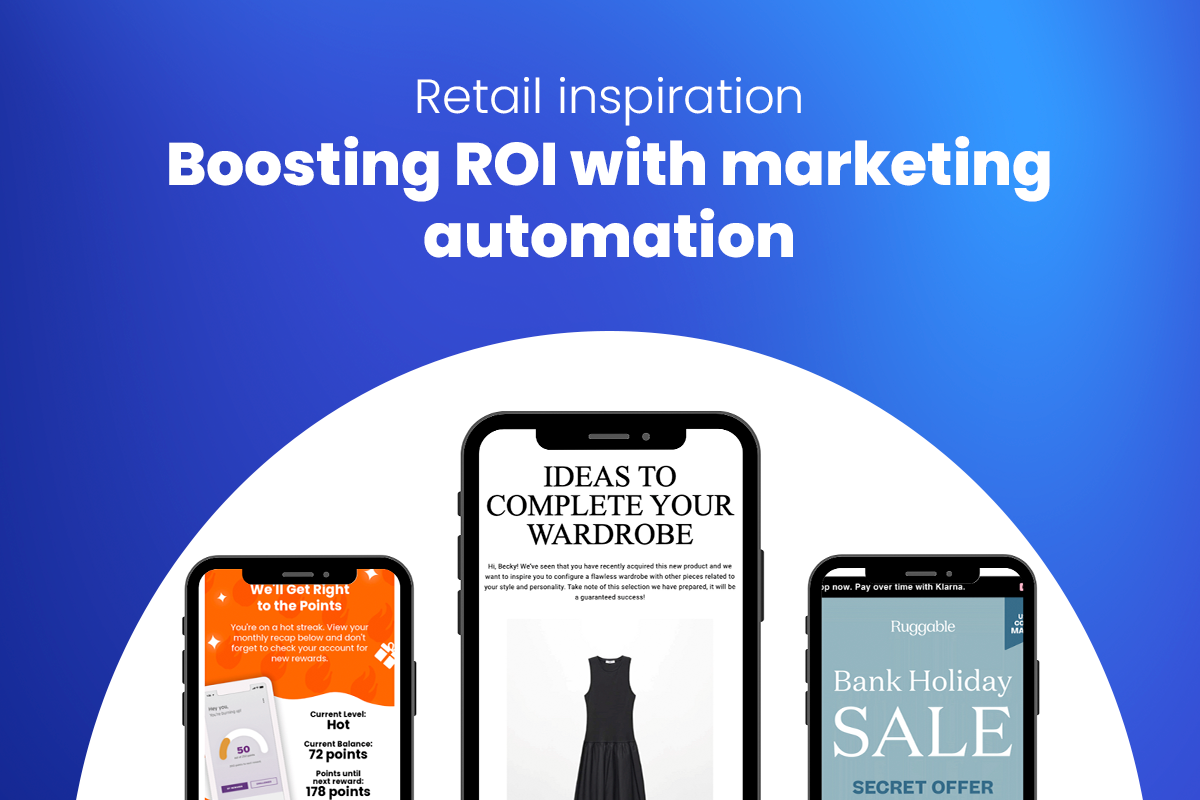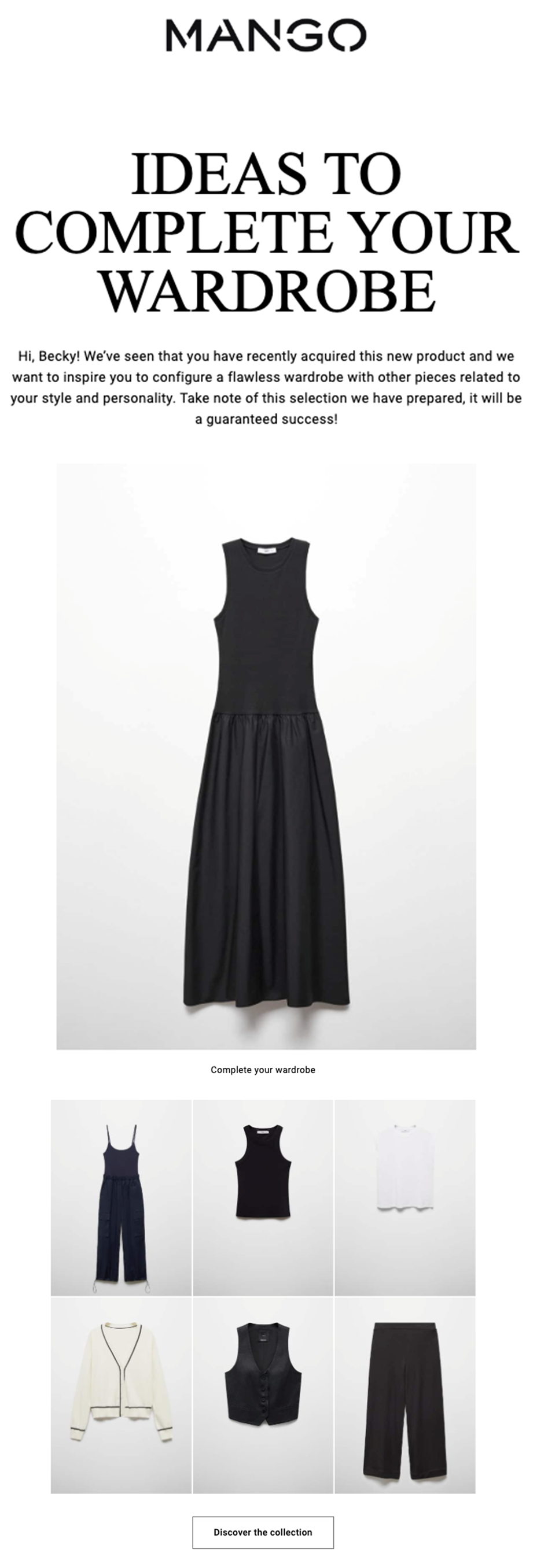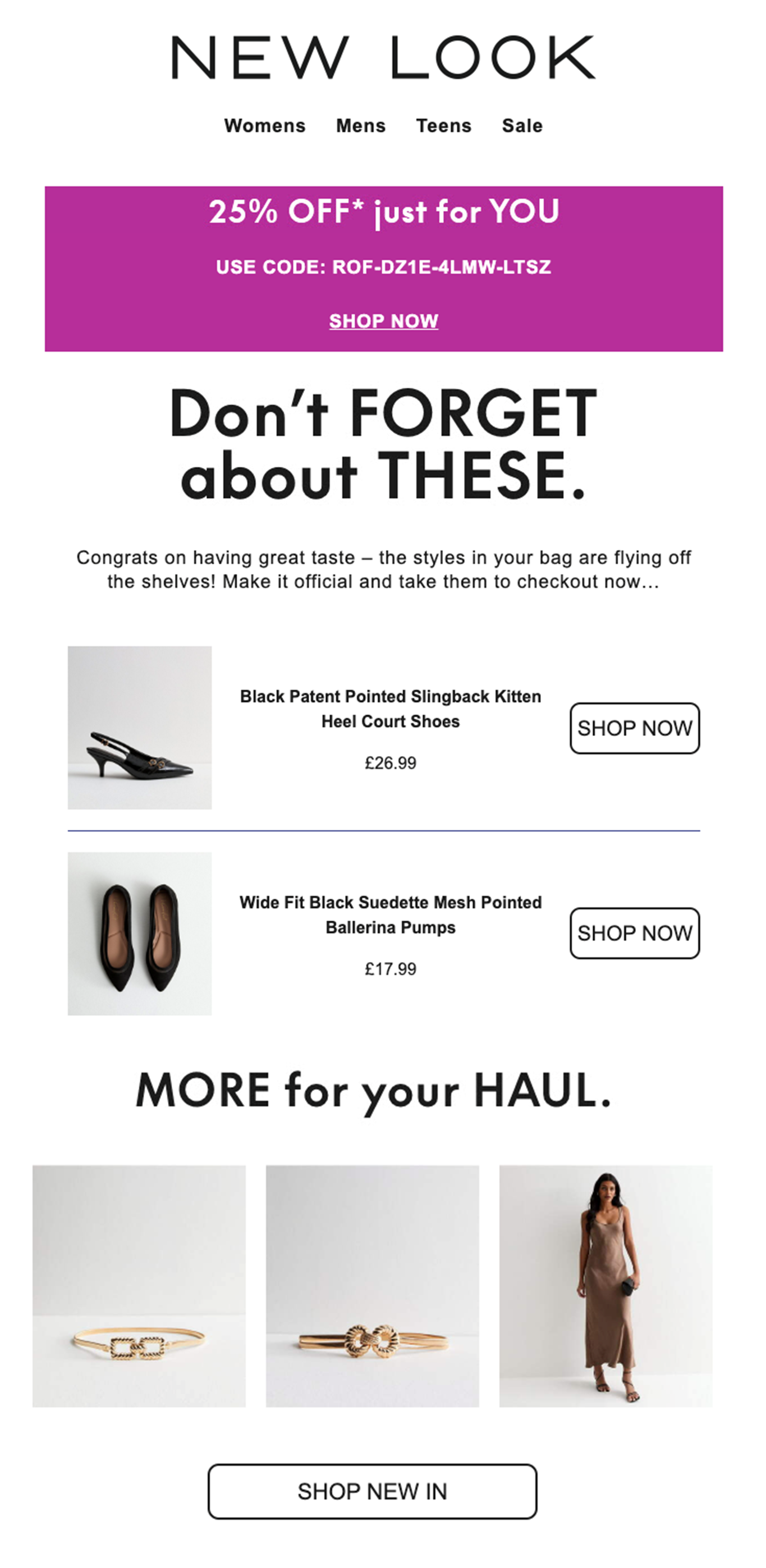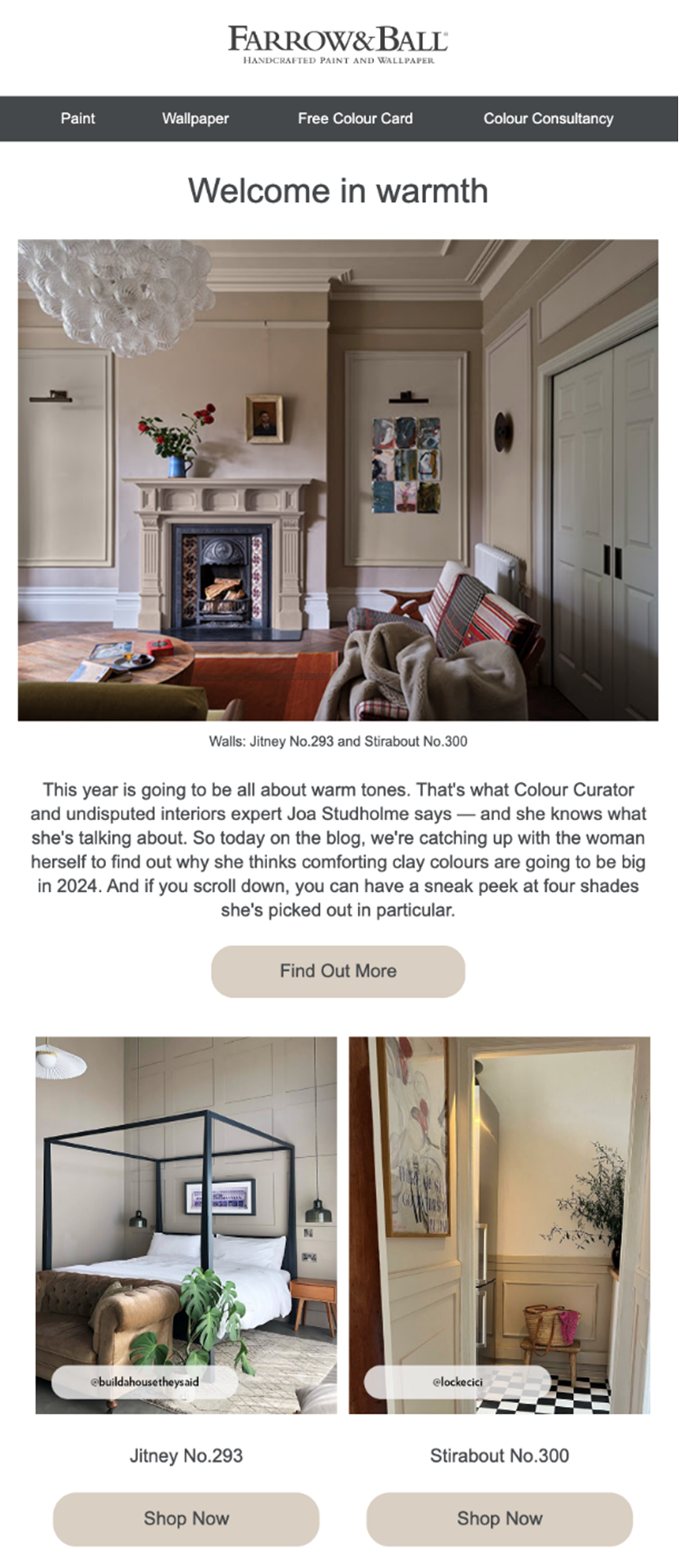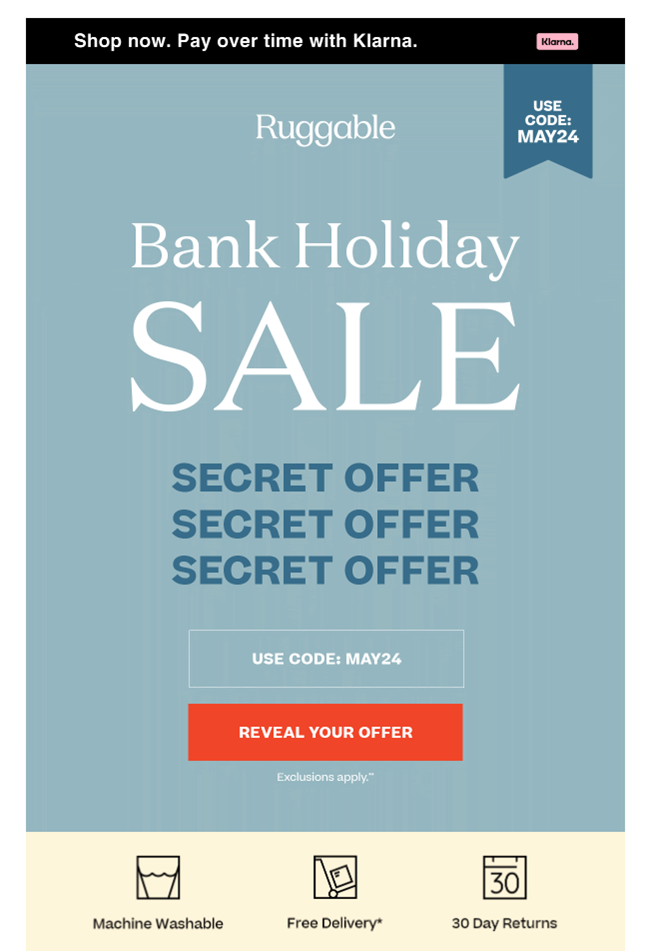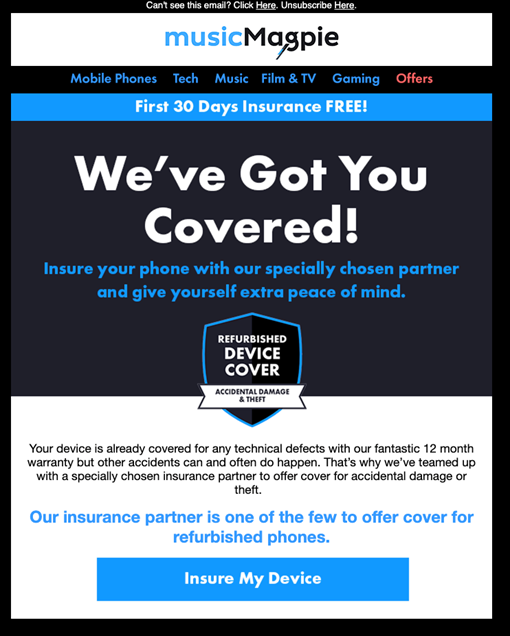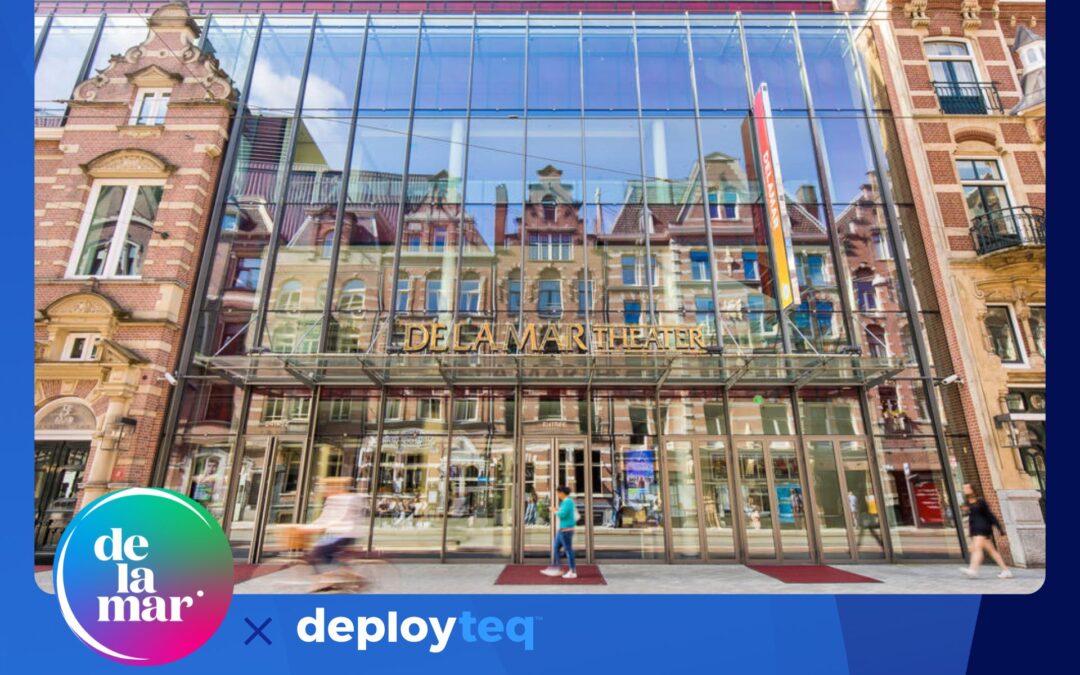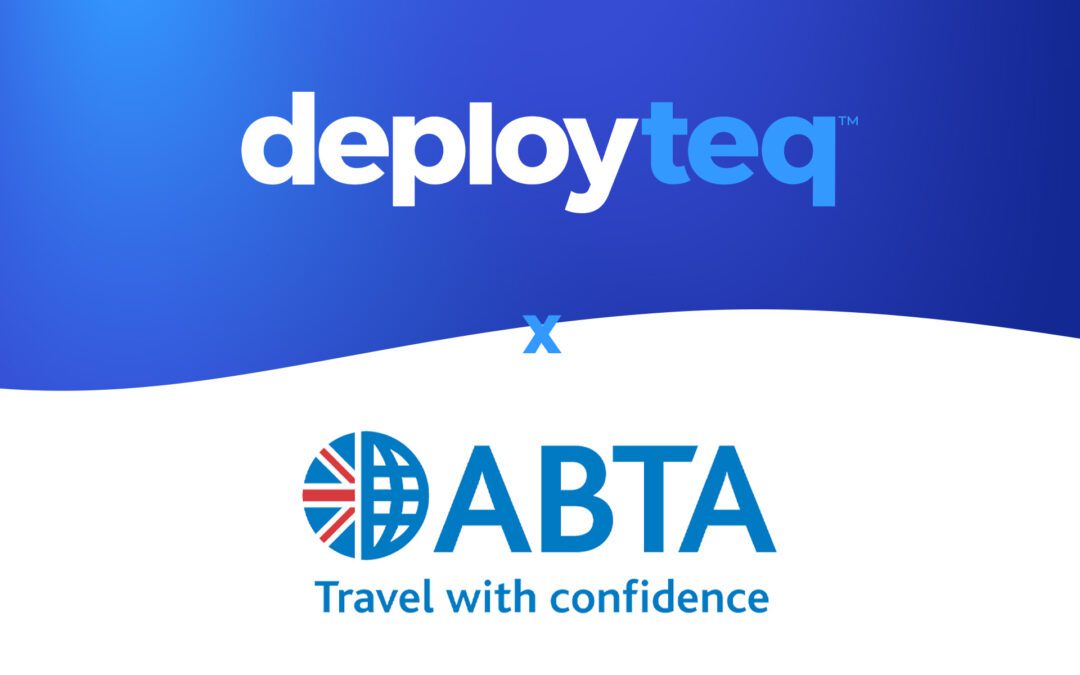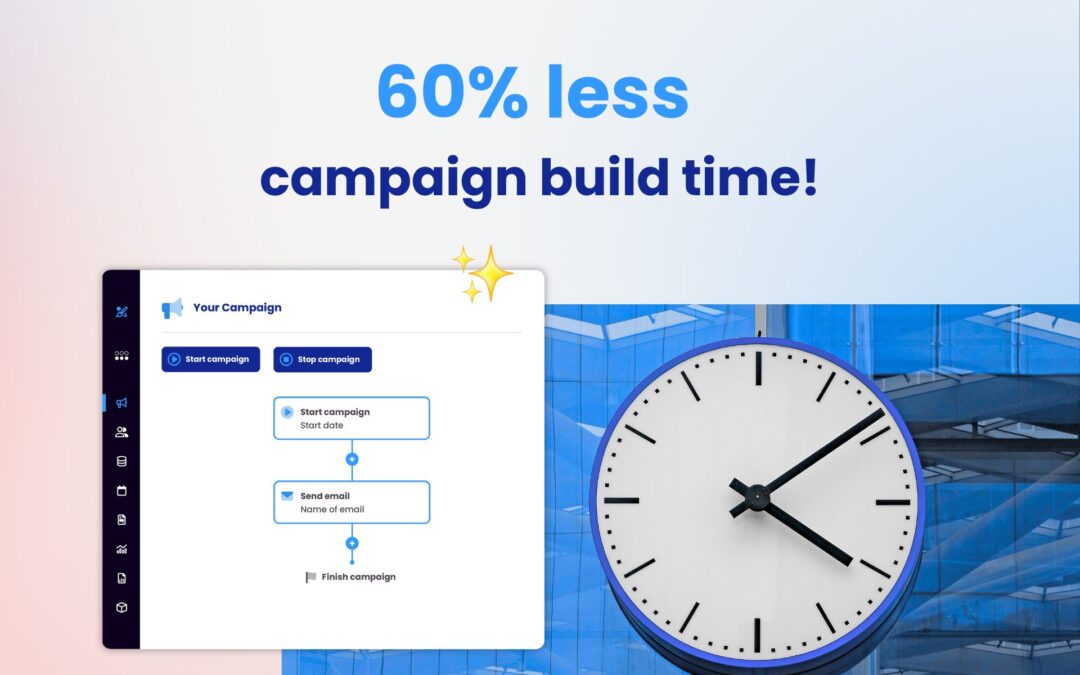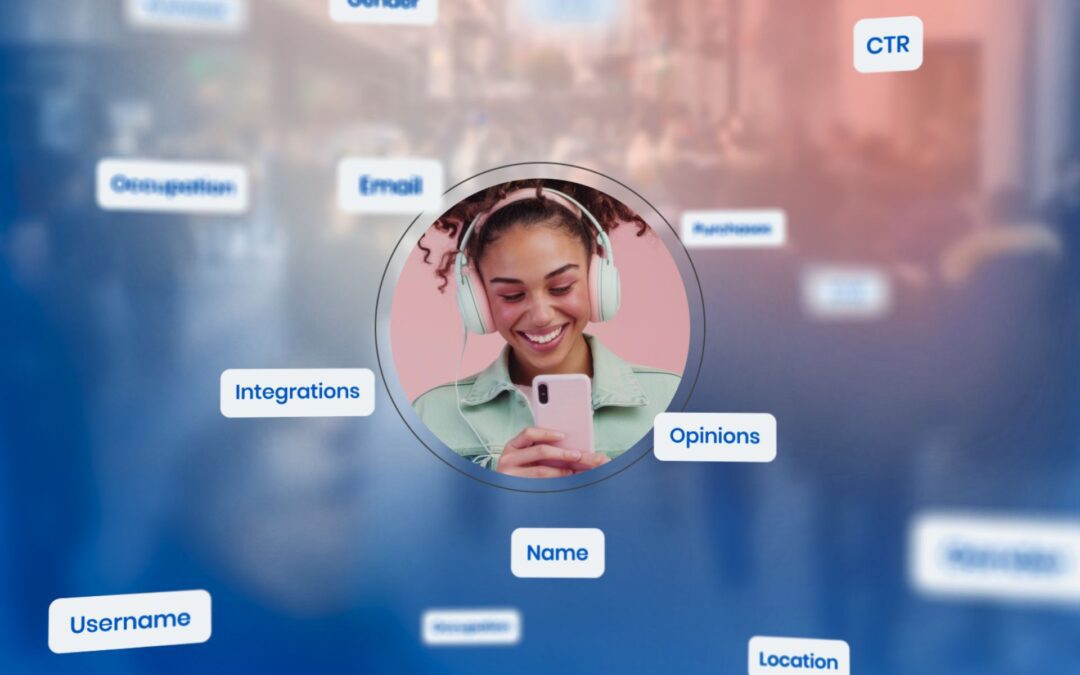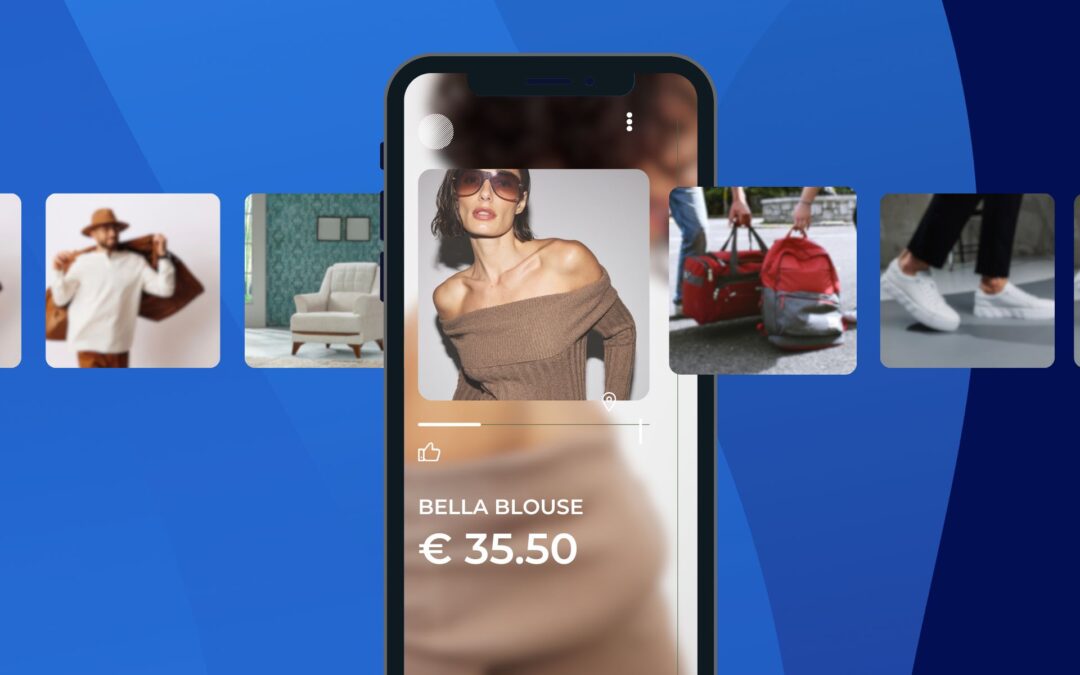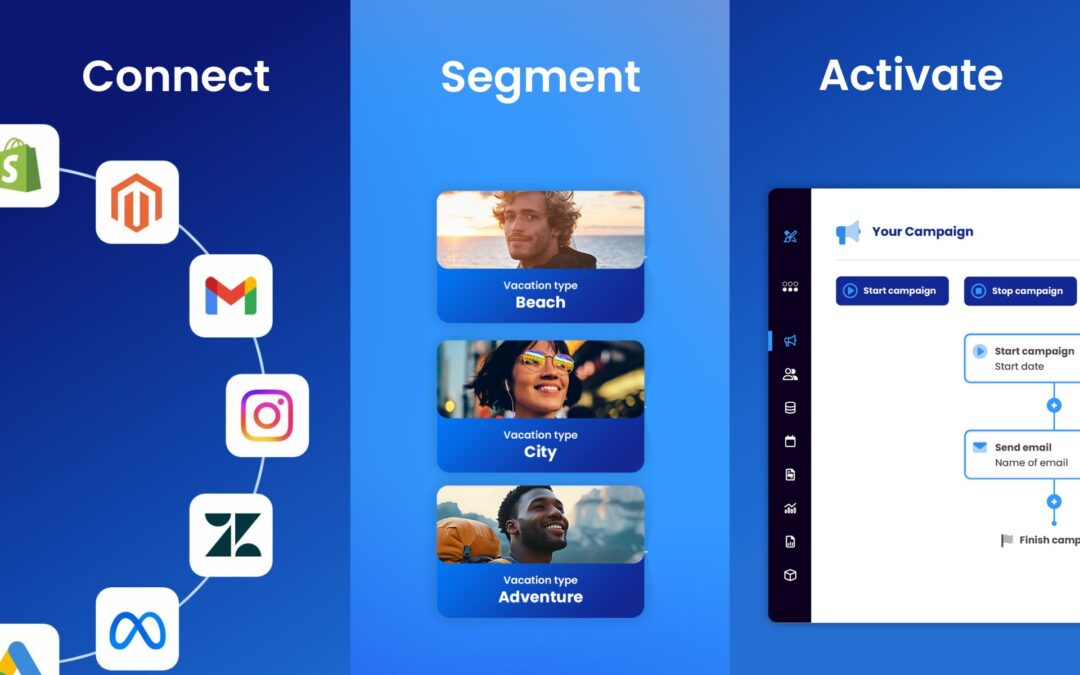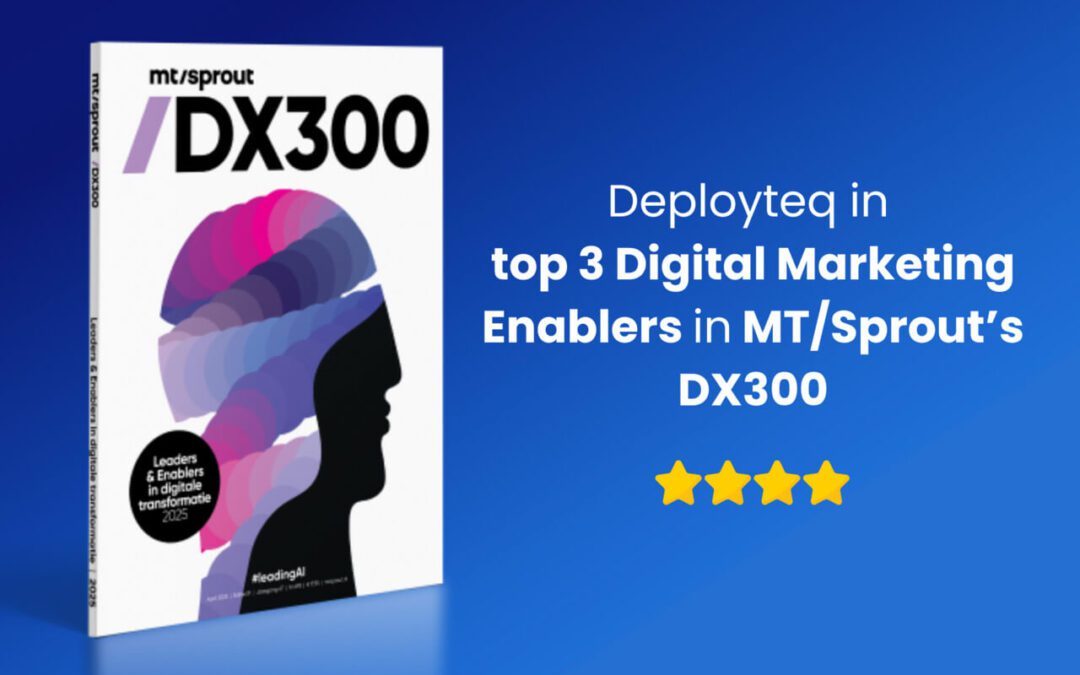The world of retail moves at lightning speed, constantly at the cutting edge of customer engagement, marketing innovation, and technological uptake.
But keeping up with the competition and customer expectations without blowing budgets can be challenging, with ROI often taking a hit in the process.
Fortunately, marketing automation can help. By streamlining repetitive tasks and delivering personalised experiences at scale, marketing automation can significantly enhance your return on investment (ROI) without the need for additional resource and time. Leaving your team free to focus on their roles and all-important strategy.
To inspire you, here are six tactical ways that marketing automation can boost ROI for retailers, whatever your niche.
Personalised customer journeys
Personalisation is no longer just a nice-to-have; it’s an essential.
Marketing automation enables retailers to create highly personalised customer journeys by segmenting audiences based on behaviour, preferences, and purchase history. Through email, SMS, and in-app automation, retailers can automate highly tailored communications that resonate with each individual customer.
This provides a positive and engaging experience for the customer, helping to build brand preference for the retailer, and increasing purchases, retention, and ROI as a result.
Example
A fashion retailer can use marketing automation to track individual customer purchases and browsing behaviour. If a customer frequently buys dresses, the retailer can send personalised emails showcasing relevant new arrivals, exclusive discounts, and personalised style recommendations.
This level of personalisation helps in building a stronger connection with the customer and therefore encourages repeat purchases.
Efficient customer retention
It can cost four to five times more to bring on a new customer than to retain an existing one. Meaning that customer retention is a key tactic when it comes to maintaining a healthy ROI.
Marketing automation can help to nurture long-term customer relationships through consistent, engaging, and relevant communication. These automated campaigns can be sent on a variety of platforms to suit the customer, and can vary from loyalty program updates to birthday discounts, personalised product recommendations to VIP exclusives.
All of which contributes to keeping customers happy and the brand becoming preferential in customers’ minds.
Example
A food retailer can automate a loyalty program email sequence that updates customers on their points balance, upcoming rewards, and exclusive VIP sales. In addition, they can trigger date-based automated birthday emails which provide a special discount or gift to help make customers feel valued and appreciated, in turn boosting their loyalty.
Automated abandoned cart emails
Abandoned cart emails are a crucial tactic when it comes to recovering lost sales. Which is essential for boosting ROI, since 60% to 80% of online shopping carts are abandoned before the customer has completed their purchase.
Fortunately, marketing automation can help claw back these lost sales. By triggering a series of well-timed and persuasive communications, retailers can remind customers of their abandoned items, offer support for any potential questions, showcase positive reviews to reassure the customer, and add an incentive to secure the purchase.
Example
Any retailer can set up an automation workflow to send a reminder email within an hour of cart abandonment, this could be followed by a second email 24 hours later offering alternative products that may be of interest, and finishing with an email 48 hours later offering a discount to encourage the customer to complete their purchase.
Product education series
Content and communications shouldn’t just be about the hard sell, they should also support and educate a consumer base.
Educational content can help consumers to make informed purchasing decisions, and position a retailer as a helpful, knowledgeable brand.
Marketing automation enables retailers to deliver a series of educational emails that guide customers through the features and benefits of their products, helping to increase product awareness, knowledge, and familiarity. Which in turn makes the consumer feel more confident in making a purchase.
Example
A panting and decorating retailer could create a “Decorating Tips and Tricks” email series, including automated emails on topics such as “Choosing the Colour for Cold Rooms,” or “Top 10 Painting Tips for a Professional Finish.”
Each email could include detailed instructions, alongside product recommendations, and links to related video tutorials or blog posts.
Seasonal clearance campaigns
Seasonal clearance sales offer retailers the perfect opportunity to clear out inventory to make way for new products, reducing the amount of product waste and also boosting sales in the process.
Through marketing automation, retailers can create a sense of urgency and excitement around these sales by scheduling a series of targeted emails leading up to and during the clearance event.
They can even utilise dynamic content to include product recommendations that are specific to each recipient, or real-time countdown timers to ensure recipients don’t delay in making a purchase.
Example
A homeware retailer can execute an automated email sequence for their end-of-season clearance sale. The campaign could start with a pre-launch exclusive email to loyalty program members, followed by a countdown to the sale, and finally, daily reminders featuring different categories or individual products based on previous browsing or purchase history and trends.
Cross-sell and upsell campaigns
Cross-selling and upselling are both effective automation strategies to help increase the average order value, as well as offering highly relevant recommendations to individual recipients.
Retailers can utilise marketing automation to analyse customer purchase patterns and trigger communications based on specific opportunities and behaviour.
And with the use of dynamic content, these campaigns can become even more tailored; incorporating specifics about the customer’s purchase, and items which are highly relevant.
Example
A tech retailer can use automation to recommend complementary products after the purchase of a smartphone. Automated emails can be used to suggest services such as insurance, or add-on items such as earphones or wireless chargers.
Additionally, a time-limited upsell email could recommend a higher-end model or additional warranty based on the customer’s initial purchase.
Next steps
It’s clear that marketing automation is an incredibly powerful tool for retailers; significantly boosting ROI by streamlining tasks, enticing consumers with personalised experiences, and keeping long-term customers happy.
From reassuring customers with personalised journeys and educational campaigns through to enticing a purchase with seasonal campaigns and abandoned cart reminders, and even increasing average order value through cross-sell and upsell opportunities. It’s clear there is a wealth of options for retailers wanting to boost their ROI with little additional manual effort.
The next step for any retailer looking to leverage these tactics is to find an industry-leading automation platform coupled with an experienced team of experts. And at Deployteq, we offer exactly that.
Contact us today to learn how we can support your business in boosting ROI.
